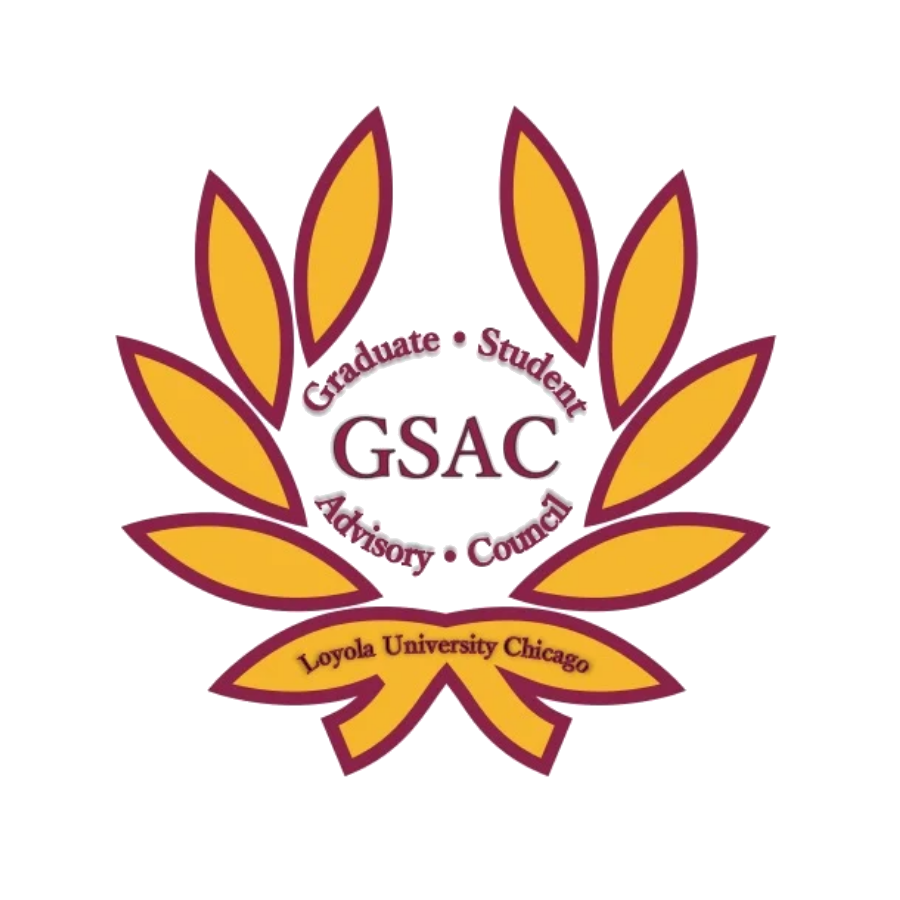Submission Type
Poster
Degree Type
PhD
Discipline
Social Sciences
Department
Sociology
Access Type
Open Access
Abstract or Description
In our collaborative project with Dr. Dana Garbarski, [sociology department], and Dr. Doherty [political-science department], we created a cross-sectional online survey of a descriptively representative sample of 2,250 adults in Cook County. The survey, which uses zip codes to geocode findings, focuses on seven topics relevant to county residents: gentrification, environmental conditions, politics, political efficacy, policing, and COVID-19. In terms of demographics, it includes questions regarding gender, race, education, homeownership, among others. Juanita and Keyla developed the survey’s environmental conditions and policing topics, respectively, with faculty experts’ guidance. Besides Dr. Garbarski and Dr. Doherty, Juanita worked with Dr. Akchurin, [sociology department], while Keyla worked with Dr. Rezey [criminology department]. The environmental research questions attempt to capture residents’ concern levels about their neighborhoods’ environmental conditions, their relative prioritization of considerations when evaluating new industrial facilities’ development, and their environmental action involvement. We expect to find relationships between race, gender, zip code, and environmental variables. The policing section questions measure opinions regarding police licensure, body-worn cameras, monetary budgets, equity, and use of force. We expect to find relationships between race, gender, political affiliation, and age with the policing variables. We present preliminary chi-square analysis for these two blocks of questions.
Creative Commons License

This work is licensed under a Creative Commons Attribution-Noncommercial-No Derivative Works 3.0 License.
Cook County Community Survey
In our collaborative project with Dr. Dana Garbarski, [sociology department], and Dr. Doherty [political-science department], we created a cross-sectional online survey of a descriptively representative sample of 2,250 adults in Cook County. The survey, which uses zip codes to geocode findings, focuses on seven topics relevant to county residents: gentrification, environmental conditions, politics, political efficacy, policing, and COVID-19. In terms of demographics, it includes questions regarding gender, race, education, homeownership, among others. Juanita and Keyla developed the survey’s environmental conditions and policing topics, respectively, with faculty experts’ guidance. Besides Dr. Garbarski and Dr. Doherty, Juanita worked with Dr. Akchurin, [sociology department], while Keyla worked with Dr. Rezey [criminology department]. The environmental research questions attempt to capture residents’ concern levels about their neighborhoods’ environmental conditions, their relative prioritization of considerations when evaluating new industrial facilities’ development, and their environmental action involvement. We expect to find relationships between race, gender, zip code, and environmental variables. The policing section questions measure opinions regarding police licensure, body-worn cameras, monetary budgets, equity, and use of force. We expect to find relationships between race, gender, political affiliation, and age with the policing variables. We present preliminary chi-square analysis for these two blocks of questions.



